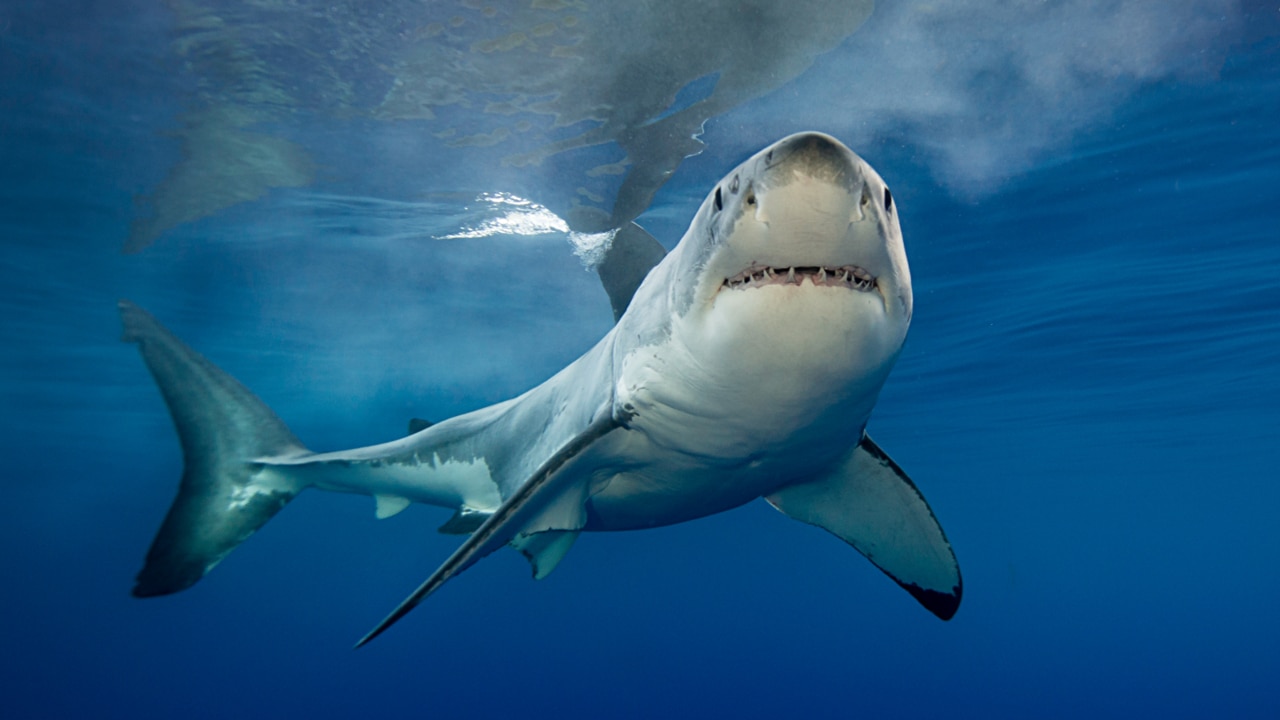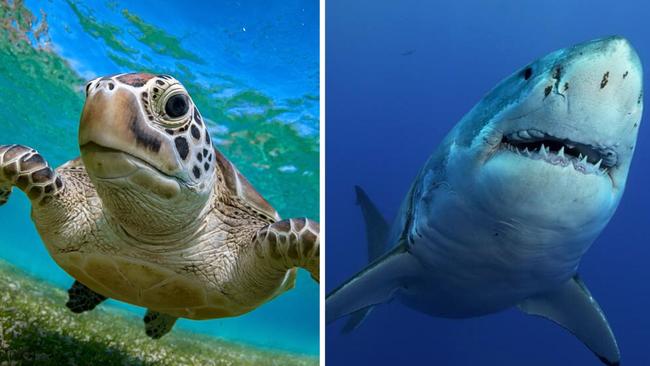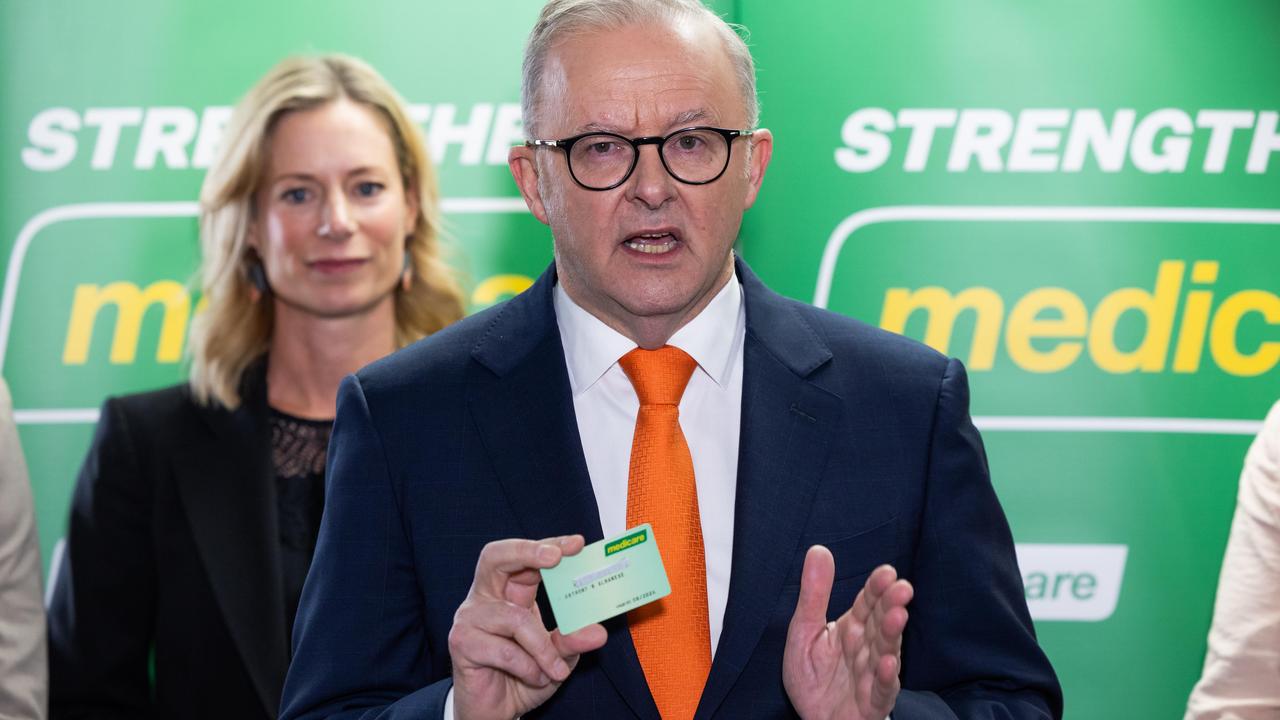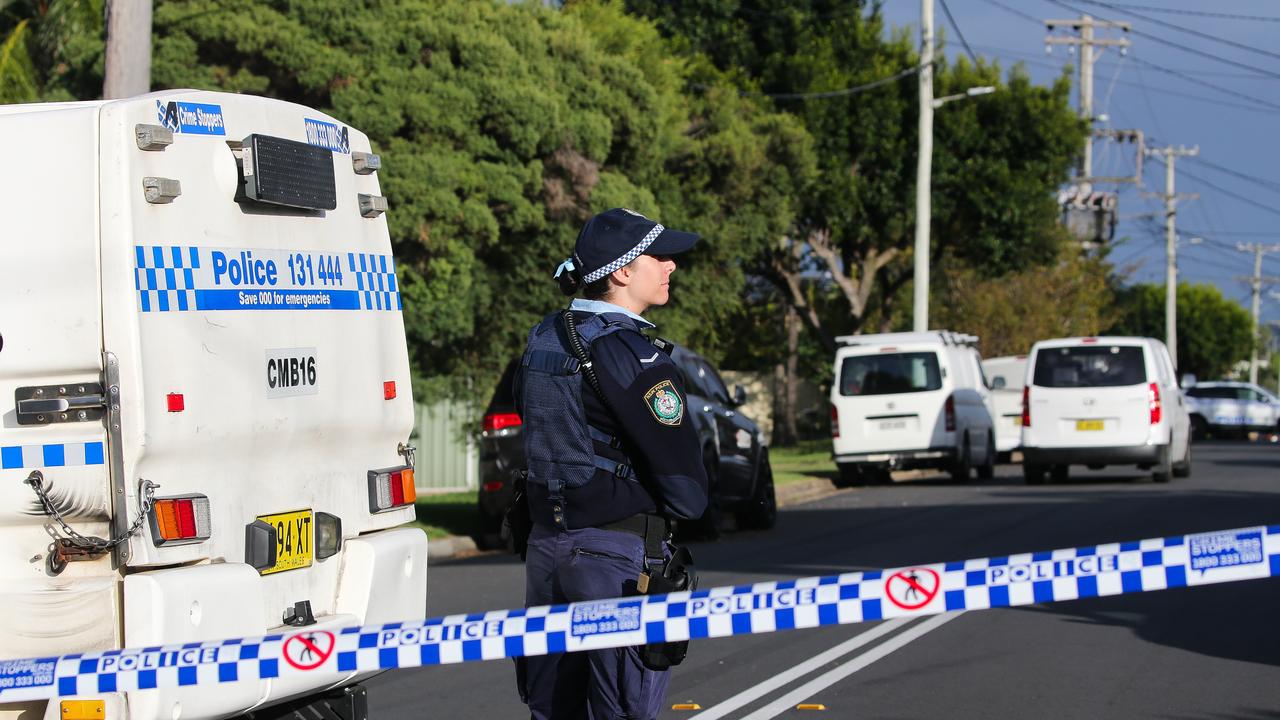Massive change to shark nets being trialled across NSW
An Australian-first trial using LED lights to keep sea turtles and other marine life from getting caught in shark nets is underway across NSW beaches as the Minns government weighs up the nets’ future.

NSW
Don't miss out on the headlines from NSW. Followed categories will be added to My News.
An Australian-first trial using LED lights to keep sea turtles and other marine life from getting caught in shark nets is underway across NSW beaches as the Minns government weighs up the nets’ future.
LED lights have been attached to 21 shark nets between Lake Macquarie and Sydney’s northern beaches this week to stop turtles from drowning in the mesh, following successful results overseas on commercial fishing gear.
The “turtle light” trial comes as the government prepares to make the biggest change to its shark management program in more than 40 years by removing the nets a month early, on March 31, due to the turtle migration season.
For the next two months, the nets will also be checked daily by contractors and drones under plans to ramp up surveillance of what they entangle.
The efforts come as the Department of Primary Industries (DPI) collects survey responses from 25 councils about the use of shark nets, with early results indicating NSW could be left without nets next summer for the first time since 1937.

Northern Beaches, Sutherland Shire, Central Coast and Wollongong City Council have already said they want the nets taken out, citing concerns about their impacts on other marine creatures and overall effectiveness.
Randwick, Waverley, Lake Macquarie and Newcastle Council have not adopted public positions at this stage. There have been 133 shark attacks in NSW over the past 10 years, with 10 fatalities.
Newcastle Deputy Mayor Callum Pull defended the role of the nets and threw his support behind the LED lights trial: “It should always be our priority to protect human life. I think in our pursuit of protecting human life it would be madness to remove the nets. Anything that can help reduce (marine life caught in the nets) is a good thing.”
Humane Society International marine biologist Lauren Sandeman said the trial had “all the bells and whistles,” but failed to get to the root of the issue.
“It’s not just turtles that are (the) threatened and protected species (which) die (in the nets) ,” she said.
DPI statistics showed 29 turtles were killed by shark nets last season. Of the 255 marine animals caught, only 15 were the target species – tiger sharks, bull sharks, and great whites.
NSW’s 305 SMART drumlines, favoured by net critics, have seen 2186 sharks caught on baited hooks, tagged with satellite trackers and released.
Keeping mesh nets in place has become increasingly controversial against more modern mitigation methods.
However, Agriculture Minister Tara Moriarty did not suggest the trial was a final bid to prove their worth, saying: “Our absolute priority is the safety of beach goers”.
She said the government was committed to innovation like the LED lights trial.
Coogee couple Kelsey Harper, 27, and Jeremiah Lenisaurua, 32, welcomed the trial as a starting point for change, with Ms Harper saying: “Obviously the nets have had detrimental effects on marine life, but they’re important for Australians considering we spend so much time at the beach”.




